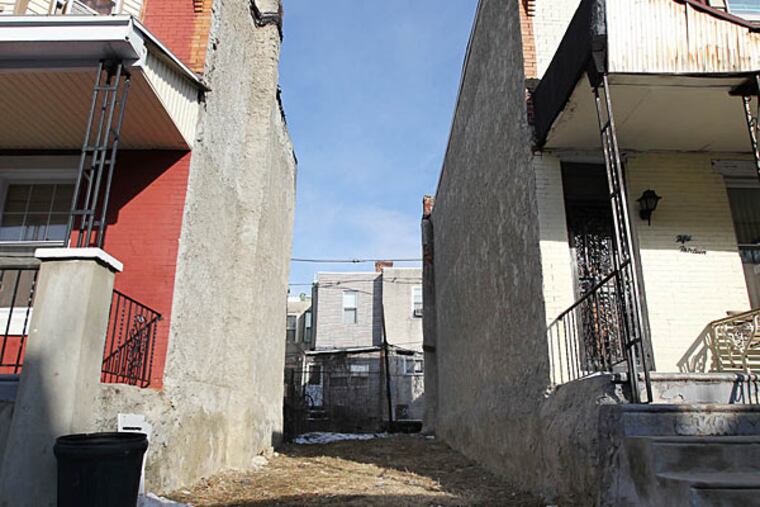City property tax system: Yup, still broken | Editorial
The city should implement a moratorium on increases in new assessments until properties are uniform, transparent, and meet the industry standards.

The city made two big commitments to gain support for a sweeping overhaul of its property tax system in 2013: the move to the so-called Actual Value Initiative would be revenue neutral and property assessments would be uniform.
But promises made have not been promises kept.
The revenue-neutral claim went out the window before the ink was dry on AVI. And an independent audit commissioned by City Council last year found numerous errors in the way properties are assessed.
Six years after a major revamp of property taxes that resulted in a tax hike for most residents, one truth remains: Philadelphia’ property tax system is still broken.
While there have been improvements, property tax bills remain uneven from one home to the next. Tens of thousands of homeowners pay more in property taxes than they are supposed to, while others pay less. There appears to be no rhyme or reason as to how properties are assessed.
The City Council audit and a recent report by the City Controller found numerous problems including:
Assessments are not uniform and do not meet industry standards.
Assessments are off by an average of 15 percent.
The Office of Property Assessments lacks accurate data and does not document all of its procedures.
Assessment methods are not made public, making it difficult for property owners to determine how their values were calculated.
An analysis last year by The Inquirer found more than 35 percent of homes in the city are overassessed, resulting in tax bills above what property owners should be paying. .
Overall, 48 of the city’s 57 neighborhoods saw jumps in their assessments, including some homeowners whose property taxes increased more than 100 percent. The spike prompted thousands of angry property owners to file appeals — the largest number since 2014 when the city implemented AVI.
City Council passed an ordinance earlier this year that allows property owners who are appealing their assessments to pay taxes based on their previous assessments until their cases are resolved. The city also is looking to hire a new chief assessment officer.
But bolder steps are needed. The city should implement a moratorium on increases in new assessments until properties are uniform, transparent, and meet the industry standards.
The city should also cap or phase in future increases to avoid sharp spikes in tax bills. This is something Mayor Kenney called for in 2012 when he was a City Councilman: “There’s got to be some limit to what we’re gonna whack people with, because they can move,” Kenney said then. “You can’t expect people to have their real estate taxes doubled and expect them to want to still be Philadelphia residents.”
Many states and some cities, including New York City, have limits on how much property taxes can increase in a given year. Philadelphia — which already has one of the largest tax burdens in the country — should do the same. As Kenney once said, jacking up property taxes is just one more reason why residents who can move to the suburbs.